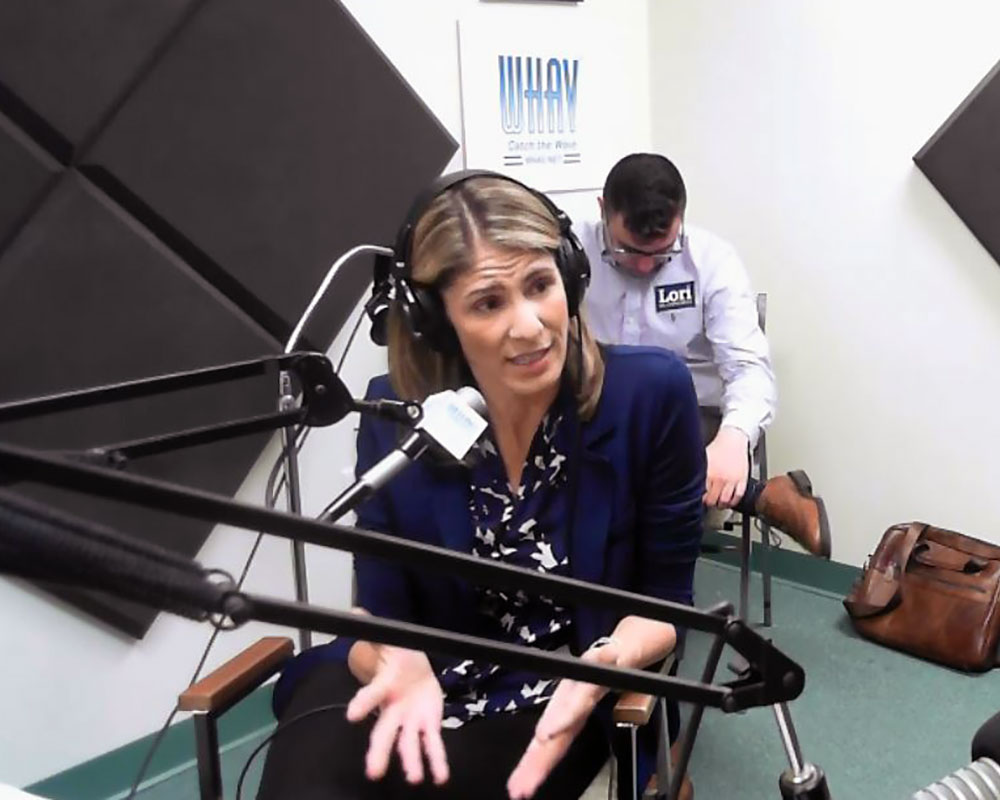Local demands for federal help eliminating sewage discharges into the Merrimack River are being heard as Congresswoman Lori Trahan introduced bipartisan legislation requiring communities receive help paying for upgrades.
Trahan and Illinois Republican Darin LaHood reintroduced the Stop Sewage Overflow Act, designed to ensure the federal government does its part to support the cleanup and prevention of combined sewage overflows contamination in rivers across the nation.
“Combined sewage overflows continue to plague communities along the Merrimack River, and the federal government’s wilting support for efforts to prevent future polluting overflows has only made matters worse,” said Trahan, adding, “The Stop Sewage Overflow Act will finally put an end to decades of Washington’s determination to pass the buck for wastewater system upgrades onto state and local governments already reeling from federal infrastructure divestments.”
Trahan also thanked her colleagues who represent other Merrimack River district, including U.S. Reps. Seth Moulton, Annie Kuster and Chris Pappas.
A statement said combined sewer overflows are a product of combined sewer systems, which are used by more than 800 communities across the nation. These systems are particularly common in the northeast and midwest, where they trigger releases of raw sewage when precipitation exceeds manageable levels. This is especially the case for the Merrimack River, where an average of 550 million gallons of sewage are released annually and reached 850 million gallons as recently as 2018.
The Stop Sewage Overflow Act expands and improves the Environmental Protection Agency’s Stormwater Reuse Municipal Grant program, which is used to award federal grants to states and communities for the planning, design and construction of combined sewer overflows, sanitary sewer overflows or stormwater management.
The legislation increases grant money to $500 million annually, puts communities first that have high levels of sewage entering public waterways, reduces cost-sharing for economically disadvantaged areas and increases federal investment in green infrastructure projects that capture wet weather and prevent CSOs.
Julia Blatt, executive director of the Massachusetts Rivers Alliance, praised the bill, saying, “It’s long past time to get the sewage out of our waterways, and this legislation recognizes that the burden of combined sewer overflows falls disproportionately on urban areas and environmental justice communities.
